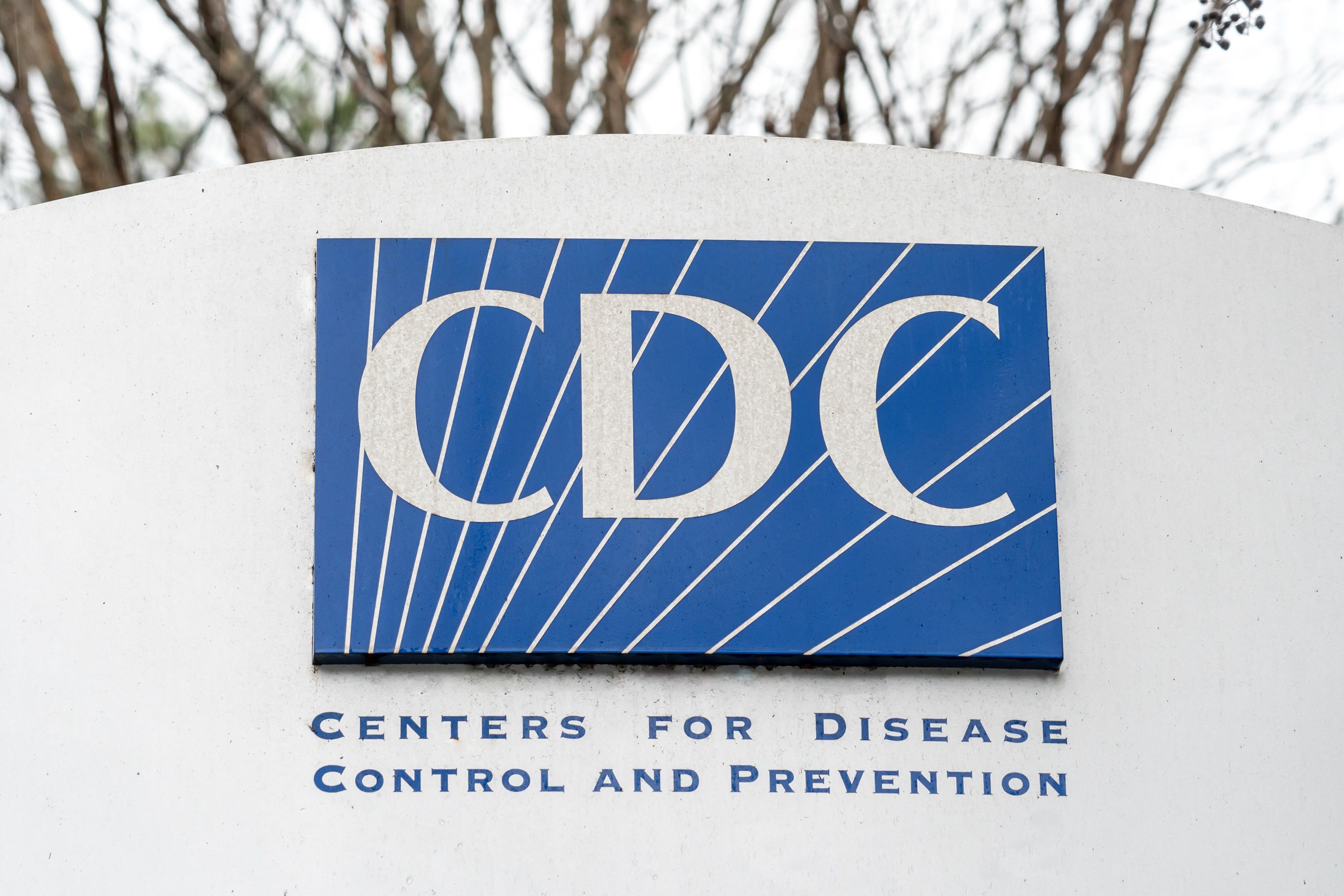Nirsevimab-alip unanimously recommended by CDC advisory group to prevent RSV
The ACIP voted in unanimous fashion, 10 to 0, to recommend routine use of nirsevimab-alip for newborns and infants younger than 8 months, born during or entering the first RSV season according to a press release from Sanofi.
Nirsevimab unanimously recommended by CDC advisory group to prevent RSV | Image Credit: © JHVEPhoto - © JHVEPhoto - stock.adobe.com.

On August 3, 2023, the US Centers for Disease Control and Prevention’s Advisory Committee on Immunization Practices (ACIP) considered proposed recommendations for routine use of nirsevimab-alip (Beyfortus; Sanofi and AstraAeneca) to prevent respiratory syncytial virus (RSV) lower respiratory tract disease in newborns and infants during their first RSV season. The ACIP voted in unanimous fashion, 10 to 0, to recommend routine use of nirsevimab-alip for newborns and infants younger than 8 months, born during or entering their first RSV season according to a press release from Sanofi.1
The ACIP additionally voted 10 to 0 recommending routine nirsevimab-alip use for children aged 8 to 19 months that are at an increased risk of severe RSV disease while entering their second RSV season.1
The announcement follows the American Academy of Pediatrics (AAP) recommending federal leaders to rapidly implement changes that are needed to make sure all children have access to the recently FDA-approved vaccine.2
“As front-line providers managing the physical and emotional toll of RSV on our patients and their families, especially during the surges of the last two years, our community of pediatric-focused nurse practitioners welcomes the recent approval of nirsevimab,” said Regena Spratling, PhD, RN, CPNP-PC, FAANP, FAAN, president, National Association of Pediatric Nurse Practitioners. “[The] ACIP vote to include nirsevimab in routine immunization schedules, along with continued efforts to educate the public about the impact of RSV prevention, will help ensure equitable access to this immunization and help alleviate the strain RSV disease places on babies, families, and health care systems.”1
Nirsevimab-alip was approved by the FDA on July 17, 2023, which followed a 21 to 0 vote of support from the FDA Antimicrobial Drugs Advisory Committee (AMDAC) on June 9, 2023. Nirsevimab-alip demonstrated an 83.21% reduction in RSV-related hospitalization in infants under 12 months in the phase 3b HARMONIE study.3,4
“I’m very pleased with this [approval],” said John Bradley, MD, medical director, Rady Children’s Hospital, San Diego, California, in a previous interview with Contemporary Pediatrics. “RSV creates an enormous amount of illness respiratory distress [and] difficulty breathing in babies during their first year of life. To have something to prevent that or modify it, is incredible.”3
The ACIP also voted 11 to 0 to include nirsevimab-alip in the Vaccines for Children (VFC) program and noted that the vaccine will be available ahead of the RSV season this year.1
According to Sanofi, the ACIP recommendations will be forwarded to the CDC and US Department of Health and Human Services director for review and approval. After approval, use of nirsevimab-alip would be included in the CDC’s Child and Adolescent Immunization Schedule.1
References:
- U.S. CDC Advisory Committee unanimously recommends routine use of Beyfortus (nirsevimab-alip) to protect infants against RSV disease. Sanofi. Press release. August 3, 2023. Accessed August 3, 2023.
- AAP to federal leaders: Immediate support needed for pediatric practices to ensure all children can benefit from new RSV product. American Academy of Pediatrics. Press release. August 1, 2023. Accessed August 3, 2023. https://www.aap.org/en/news-room/news-releases/aap/2023/aap-to-federal-leaders-immediate-support-needed-for-pediatric-practices/
- Fitch J. Nirsevimab-alip FDA approved to prevent RSV in neonates, infants. Contemporary Pediatrics. July 17, 2023. Accessed August 3, 2023. https://www.contemporarypediatrics.com/view/nirsevimab-alip-fda-approved-to-prevent-rsv-in-neonates-infants
- Fitch J. Nirsevimab recommended by FDA Advisory Committee to prevent RSV in infants. Contemporary Pediatrics. June 9, 2023. Accessed August 3, 2023. https://www.contemporarypediatrics.com/view/nirsevimab-recommended-by-fda-advisory-committee-to-prevent-rsv-in-infants
The Role of the Healthcare Provider Community in Increasing Public Awareness of RSV in All Infants
April 2nd 2022Scott Kober sits down with Dr. Joseph Domachowske, Professor of Pediatrics, Professor of Microbiology and Immunology, and Director of the Global Maternal-Child and Pediatric Health Program at the SUNY Upstate Medical University.